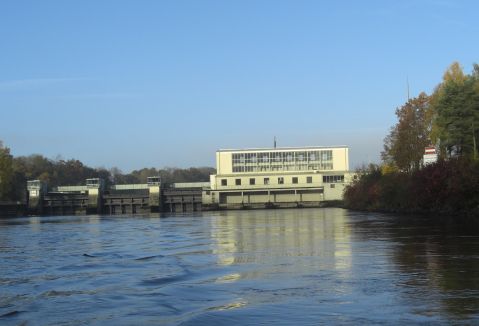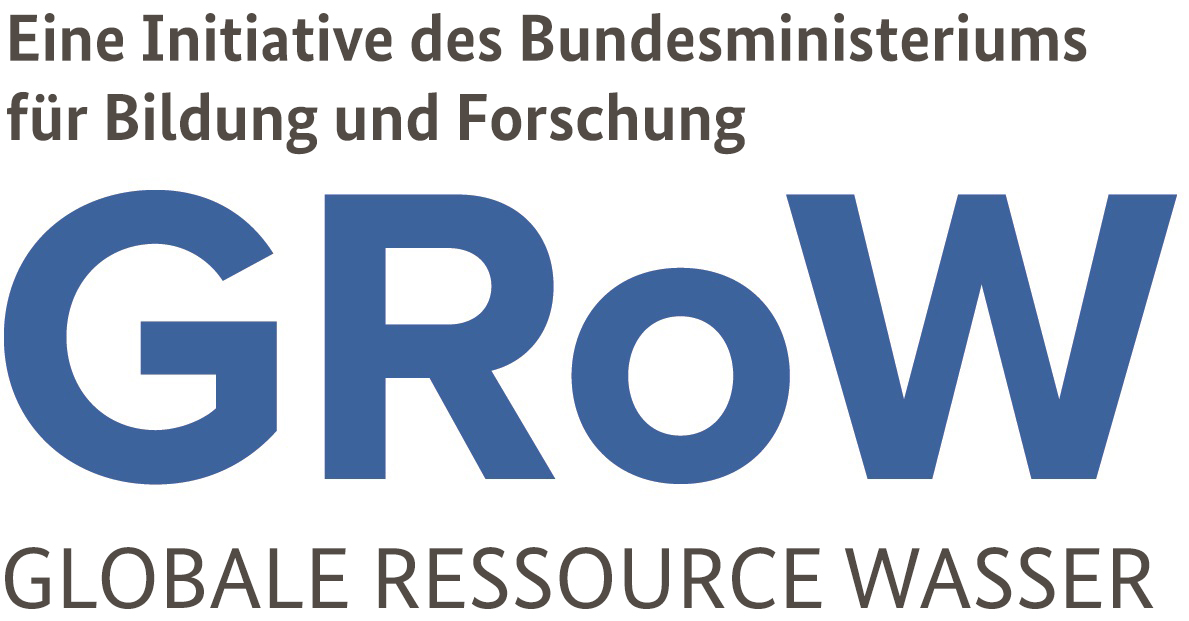
Summary
Water and energy are crucial to sustainable development, both globally and within Germany. WANDEL focuses on the question of whether limited water availability restricts the use of conventional energy systems and thereby accelerates the energy transition, or whether it actually slows the transition down. The project will be a first: Not only will it demonstrate how energy generation impacts water resources locally and regionally (using four case studies in Germany, Brazil and Morocco), but it will also investigate the long-distance effects on other regions around the world from the perspective of water availability. WANDEL will adopt an interdisciplinary approach with multiscale consideration of the direct and indirect effects of energy generation on water resources. It will link data-based and model-based analyses of various energy scenarios with their direct and long-distance effects on the water sector. The project will use the case studies to map out regulatory and technical solutions for reducing negative impacts. It will also provide qualified consultancy services, and use a Web GIS to innovatively present the results and facilitate their use.
Priorities
- Establish the direct and indirect effects of conventional energy systems (CES; coal) and renewable energy systems (RES; hydropower, biomass, solar thermal) on water resources
- Identify potentially conflicting goals and potential synergies between SDG 6 and 7
- Develop technical solutions and governance instruments to reduce the effects of CES and RES at the regional level
- Develop new approaches and methods for analysing the effects of the energy-water nexus
Relevance
The close links between the energy and water sectors mean that transforming the energy sector can result in either conflicts or synergies between the Sustainable Development Goals for water (SDG 6) and energy (SDG 7). Immediate and long-distance impacts of renewable and conventional energy systems (RES and CES) on global water resources, and the associated water conflicts could escalate as a result of climate change. Growing more energy crops or expanding hydropower use could potentially counteract the goal of global food security or other social and environmental development goals.
Current studies on the global availability of water of adequate quality show a trend towards regional scarcity. With this in mind, the restructuring of our energy supply should be reviewed at a global and regional level to establish possible limitations arising from water availability and potential impacts on water resources. In addition, efforts to achieve the SDGs for water and energy should be examined to identify possible conflicting targets and potential synergies.
 hydrology.ruhr-uni-bochum.de
hydrology.ruhr-uni-bochum.de









